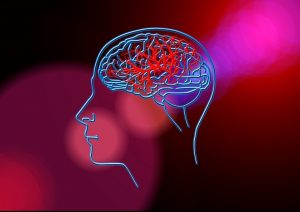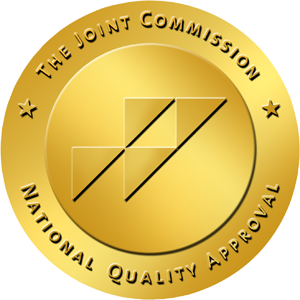Stroke: The Leading Preventable Cause of Disability
 Every 40 seconds someone has a stroke in the United States, according to The National Stroke Association (NSA). Strokes are deemed to be a leading cause of long-term adult disability. The American Stroke Association (ASA) describes a stroke as a disease that affects the arteries that carries oxygen and nutrients leading to and within the brain. When that happens, part of the brain cannot get the blood and oxygen it needs, brain cells begin to die. Temporary and permanent complications can include difficulty talking or swallowing, loss of muscle movement, memory loss and paralysis on one side of the body.
Every 40 seconds someone has a stroke in the United States, according to The National Stroke Association (NSA). Strokes are deemed to be a leading cause of long-term adult disability. The American Stroke Association (ASA) describes a stroke as a disease that affects the arteries that carries oxygen and nutrients leading to and within the brain. When that happens, part of the brain cannot get the blood and oxygen it needs, brain cells begin to die. Temporary and permanent complications can include difficulty talking or swallowing, loss of muscle movement, memory loss and paralysis on one side of the body.
Anyone can have a stroke at any time, reports the NSA, but not many people are aware of what a stroke is and how to recognize when it is happening. More women than men have strokes each year, partially because women live longer. African-Americans are also more impacted by stroke than any other racial group within the US. Your chance for stroke increases if you have a family history of it.
Other risk factors that can increase your chance of stroke include:
- Being overweight
- Heavy or binge drinking
- Use of illegal drugs
- High blood pressure
- Cigarette smoking or exposure to secondhand smoke
- High cholesterol
- Diabetes
- Obstructive sleep apnea
- Cardiovascular disease
- Age —People age 55 or older
- Hormones — use of birth control pills or hormone therapies that include estrogen
The good news is that up to 80 percent of strokes can be prevented, reveals the NSA. Although stroke is the leading cause of long-term adult disability, the ASA points out that it is also the leading preventable cause of disability. Recommended stroke prevention strategies that contribute to a healthy lifestyle include:
- Lowering cholesterol and saturated fat in your diet
- Controlling high blood pressure (hypertension)
- Quitting smoking
- Managing diabetes
- Maintaining a healthy weight.
- Eating plenty of fruits and vegetables
- Exercising regularly
- Not drinking alcohol or drinking alcohol in moderation
- Treating obstructive sleep apnea
- Avoiding illegal drugs
A stroke is a medical emergency, so quick treatment is critical. According the ASA, early action can minimize brain damage and potential complications. If you or someone you know has any symptoms of a stroke such as paralysis or numbness on the face, arm or leg; impaired vision; sudden and severe headache; and trouble walking – think “FAST,” suggests the NSA:
- Face. Ask the person to smile. Does one side of the face droop?
- Arms. Ask the person to raise both arms. Does one arm drift downward? Or is one arm unable to rise up?
- Speech. Ask the person to repeat a simple phrase. Is his or her speech slurred or strange?
- Time. If you observe any of these signs, call 911 immediately.
Carmichael’s retail locations offer medications and medical equipment to help control high blood pressure, diabetes, and obstructive sleep apnea, which are contributing factors to stroke. Our experienced and highly trained staff are available to meet your individual needs. Contact or visit our locations in Crowley, Lafayette, and Lake Charles for more information.




 Accredited/Certified by The Joint Commission
Accredited/Certified by The Joint Commission